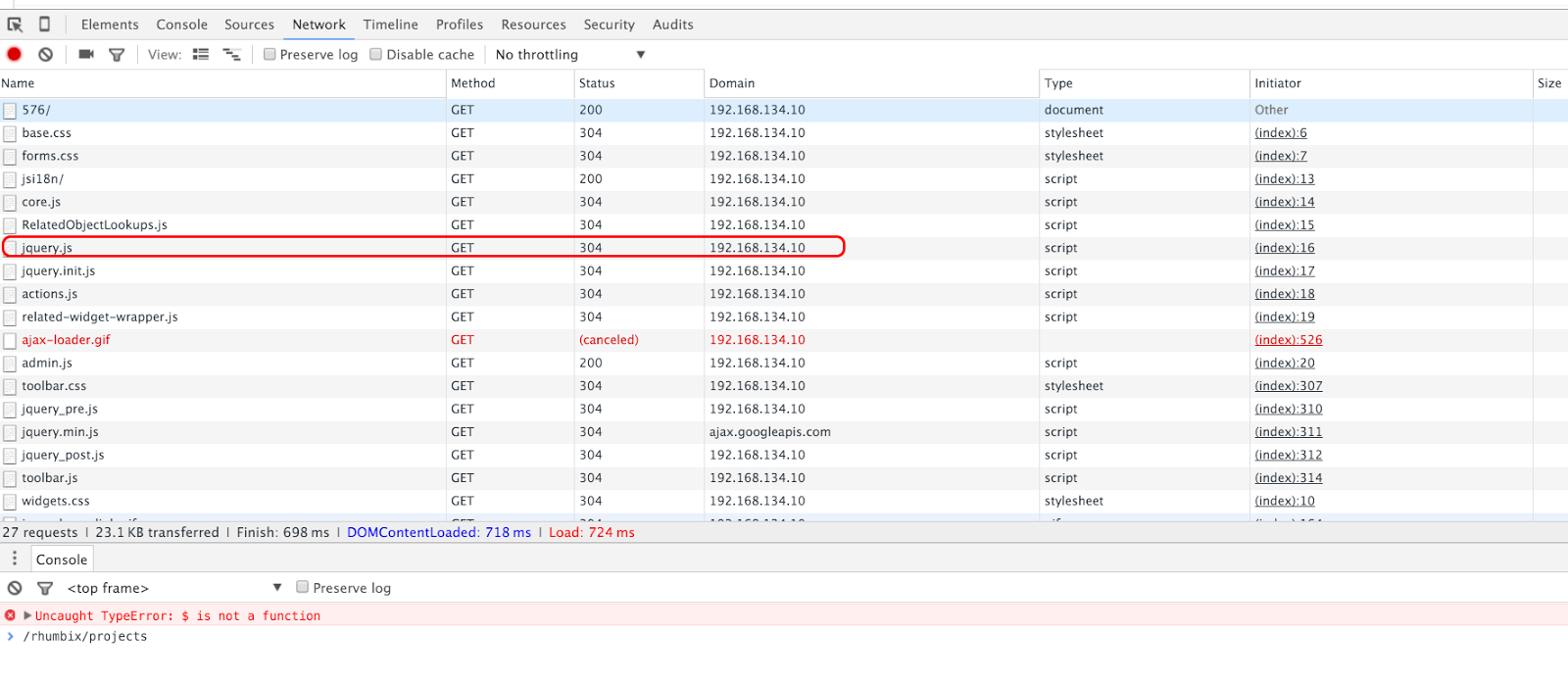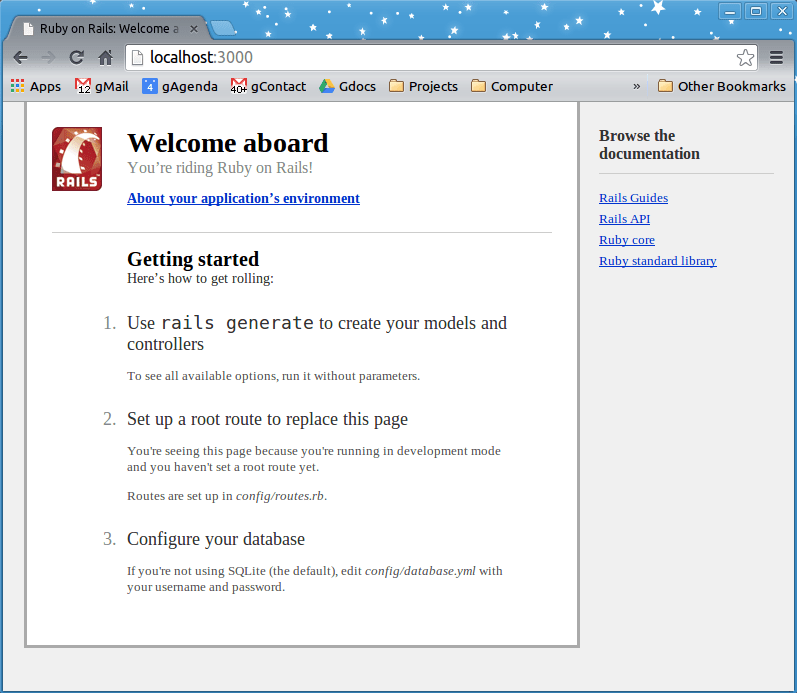
- #UBUNTU 14.04.2 RUBY ON RAILS INSTALL#
- #UBUNTU 14.04.2 RUBY ON RAILS UPDATE#
- #UBUNTU 14.04.2 RUBY ON RAILS FREE#
Ruby and Rails apps tend to require a lot of RAM, so that's the main metric we're going to be focusing on when deciding what size server we should use.
#UBUNTU 14.04.2 RUBY ON RAILS FREE#
Plus, if you use my DigitalOcean link, you'll get $100 in free credit to spend over 60 days! That's a perfect way to try things out and see how it goes without spending a dime. You'll save a good amount of money by using them and they continue offering lots of new products. It's super cheap, really fast, and the easiest to use by far.

In order to get Nginx to respond with the Rails app, we need to modify it's sites-enabled.There are many, many options when it comes to hosting providers.
#UBUNTU 14.04.2 RUBY ON RAILS INSTALL#
Installing PostgreSQL sudo apt-get install postgresql postgresql-contrib libpq-dev MySQL and PostgreSQL Database Setup Installing MySQL sudo apt-get install mysql-server mysql-client libmysqlclient-dev # passenger_ruby /home/deploy/.rbenv/shims/ruby # If you use rbenv # passenger_ruby /home/deploy/.rvm/wrappers/ruby-2.1.2/ruby # If use use rvm, be sure to change the version number Passenger_root /usr/lib/ruby/vendor_ruby/phusion_passenger/locations.ini # Uncomment it if you installed ruby-passenger or ruby-passenger-enterprise I like to use vim, so I'd run this command: sudo vim /etc/nginx/nfįind the following lines, and uncomment them: # You'll want to open up /etc/nginx/nf in your favorite editor.
#UBUNTU 14.04.2 RUBY ON RAILS UPDATE#
Next, we need to update the Nginx configuration to point Passenger to the version of Ruby that we're using. Open up the server's IP address in your browser to make sure that nginx is up and running. We can manage the Nginx webserver by using the service command: sudo service nginx start So now we have Nginx and passenger installed. Sudo apt-get install nginx-full passenger Sudo chown root: /etc/apt//passenger.list Sudo sh -c "echo 'deb trusty main' > /etc/apt//passenger.list" Gpg -armor -export 561F9B9CAC40B2F7 | sudo apt-key add. Gpg -keyserver -recv-keys 561F9B9CAC40B2F7 Installing Nginx # Install Phusion's PGP key to verify packages The last step is to tell Rubygems not to install the documentation for each package locally echo "gem: -no-ri -no-rdoc" > ~/.gemrc Git clone git:///sstephenson/ruby-build.git ~/.rbenv/plugins/ruby-buildĮcho 'export PATH="$HOME/.rbenv/plugins/ruby-build/bin:$PATH"' > ~/.bashrc

rbenvĮcho 'export PATH="$HOME/.rbenv/bin:$PATH"' > ~/.bashrcĮcho 'eval "$(rbenv init -)"' > ~/.bashrc First you install rbenv, and then ruby-build: cd ~ Installing with rbenv is a simple two step process. Sudo apt-get install build-essential git-core curl zlib1g-dev libssl-dev libreadline-dev libyaml-dev libsqlite3-dev sqlite3 libxml2-dev libxslt1-dev libcurl4-openssl-dev python-software-properties -y The first step is to install some dependencies for Ruby. The first thing we will do on our new server is create the user account we'll be using to run our applications and work from there.


 0 kommentar(er)
0 kommentar(er)
